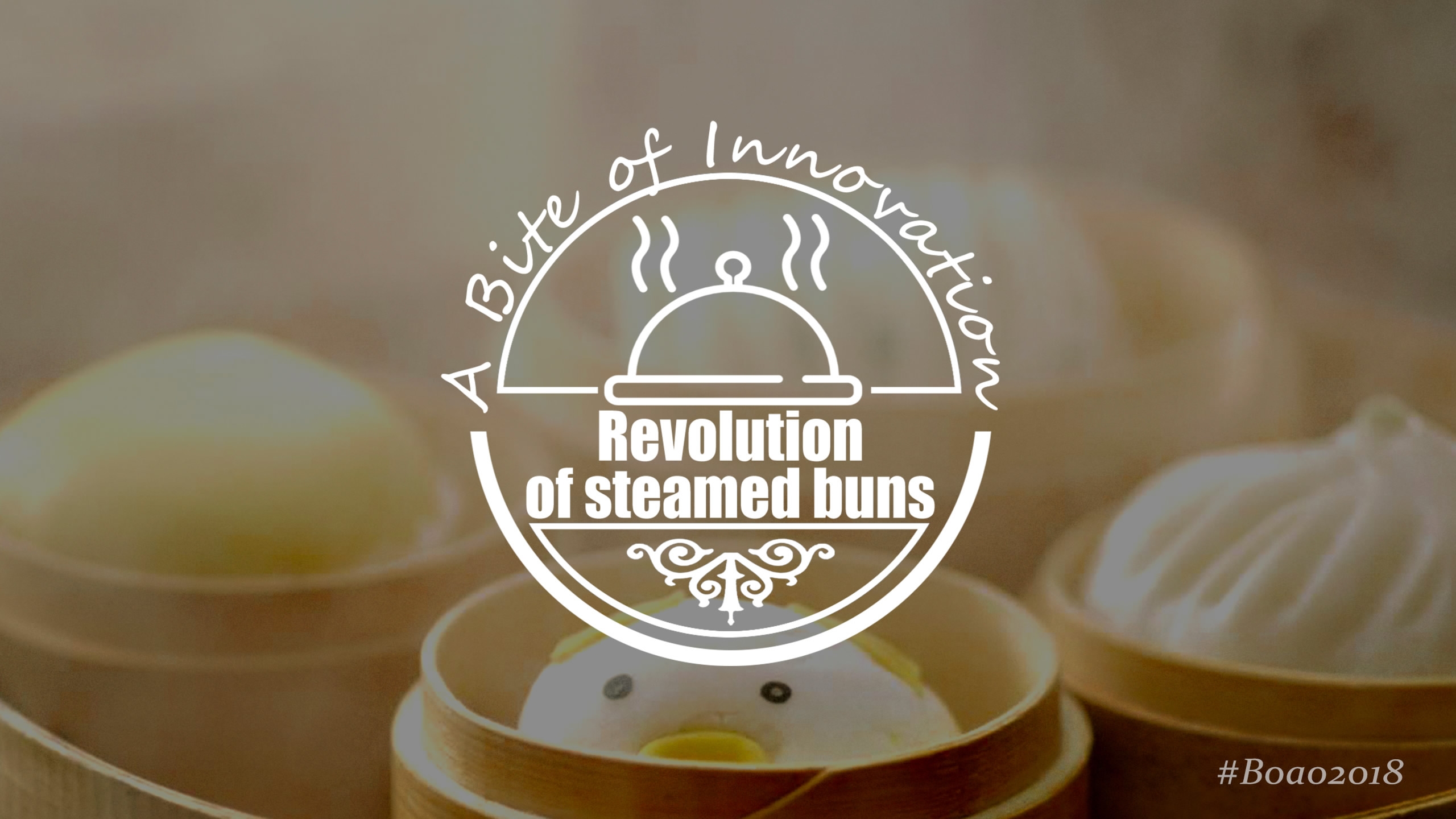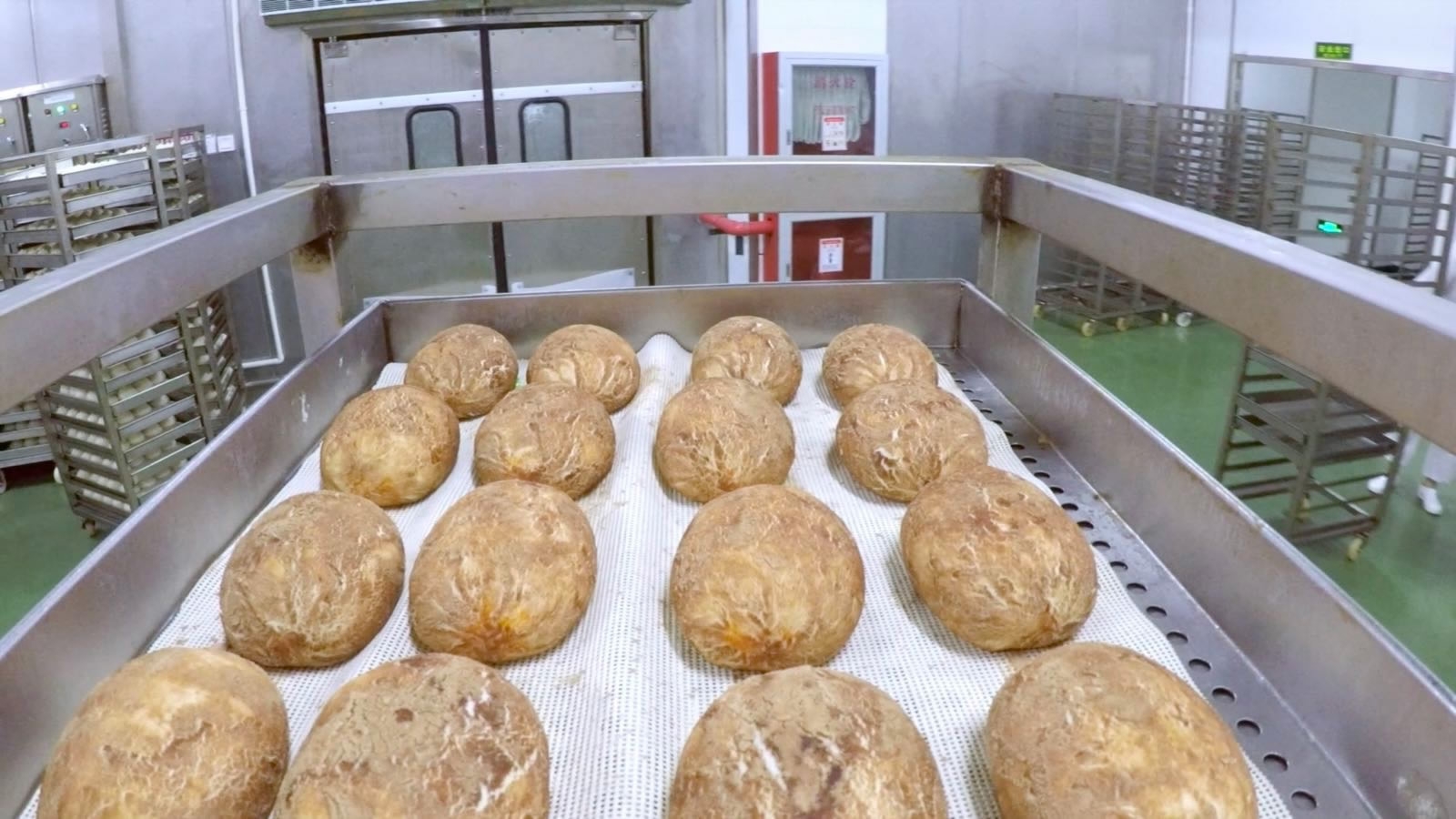
Culture
14:47, 31-Mar-2018
A Bite of Innovation: 'Revolutionizing' the steamed bun
CGTN

What kind of food do you prefer to wake up to in the morning? In China, most people would vote for the steamed bun, a breakfast favorite.
Also known as “baozi” in Chinese, it's a steaming snack with a doughy texture and filled with meat or vegetables. This tasty food is quite cheap, as each steamed bun is usually sold for one or two yuan (about 0.15 or 0.3 US dollars).
Chinese people like snacking on this breakfast bargain on the way to work. Stalls of steamed buns can be seen on every busy street in cities and towns, which to some extent make it competitive to sell this grab-and-go food.
How do you compete against other steamed bun vendors? For Liu Huiping, founder of the Shanghai-based steamed bun chain, Zhongyin Babi Corp, the key is to standardize the production of this wheat-based snack.

Steamed buns produced in Liu Huiping's factory /CGTN Photo
Steamed buns produced in Liu Huiping's factory /CGTN Photo
Differing from other vendors who still sell handmade buns, Liu has established a food factory that produces buns with a standardized weight, taste and shape. Machines are employed in every process of steamed bun production, including dough-making, pastry-rolling and wrapping. The mechanized and standardized production not only improves efficiency, but also guarantees the quality of each bun.
Meanwhile, Liu also distinguishes his steamed buns with various new fillings. Apart from the typical filling of pork and preserved vegetables, ingredients like mushrooms, custard, black sesame paste and spicy noodle are also wrapped into Liu’s steamed buns.

Custard steamed buns in the shape of piglet /CGTN Photo
Custard steamed buns in the shape of piglet /CGTN Photo
Liu’s "revolutionary" methods – standardizing production and inventing new flavors help him succeed in the competitive business. Currently, Liu runs over 2,300 steamed bun chain stores nationwide.
When recalling the start of his business, Liu said at that time he wished to create a steamed bun brand that was as successful as the foreign fast food chain like McDonald’s.
“Our steamed buns are not inferior to their hamburgers. We can also do it,” said Liu.

SITEMAP
Copyright © 2018 CGTN. Beijing ICP prepared NO.16065310-3
Copyright © 2018 CGTN. Beijing ICP prepared NO.16065310-3